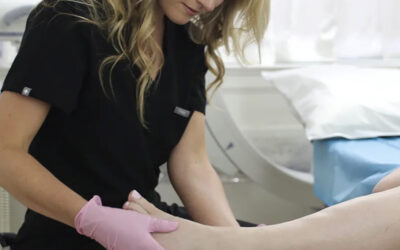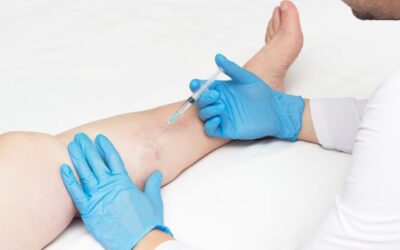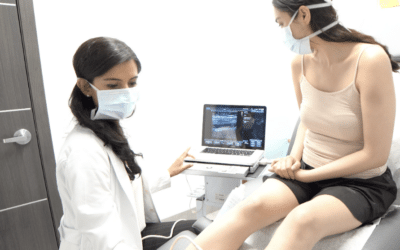Top Long Island Vein Doctors
A Vein Doctor Near Me (Freeport) Answers Venous Insufficiency FAQs
Introducing Dr. Caroline Novak, the best board-certified vein doctor near me (Freeport).
Dr. Caroline Novak is the best board-certified vein doctor near me (Freeport), specializing in the latest minimally invasive treatments for venous insufficiency. She’s currently the medical director at Vein Treatment Clinic, one of the most accessible vein centers in Long Island. Located in Lindenhurst, VTC Long Island is incredibly accessible to patients from the neighboring towns, including Freeport, Hempstead, Oceanside, etc. Patients from Freeport can drive over to consult Dr. Caroline Novak in less than 20 minutes via the southern state parkway — as you’re driving down, you’ll notice our vein center next to the Bergen Point Golf Course.
Dr. Caroline Novak isn’t merely the best vascular surgeon in Long Island; she’s one of the country’s finest vein specialists, formally recognized by the American Board of Venous and Lymphatic Medicine, a distinction conferred upon less than 1% of vein doctors. She also has an incredible educational background, and she’s performed hundreds of minimally invasive procedures without complications — she maintains a perfect track record, as evidenced by her 5-star ratings and rave reviews from happy patients. One of her patients said, “the vein doctors here are SO nice! I had spider vein treatment once before I got pregnant and all the veins came back. The doctor here explained everything. Everyone is so nice and welcoming.”
Dr. Caroline Novak believes everyone must have a basic understanding of varicose veins, spider veins, and vein disease. After all, venous insufficiency is an extremely common condition, but patients don’t consult vein doctors until the disease has escalated to an advanced stage. Venous insufficiency is one of the most under-diagnosed diseases because of existing misconceptions and false assertions found online. This article aims to set the record straight — Dr. Caroline Novak answers some of the most common FAQs about vein disease. For more information, you can schedule an appointment at our vein center to discuss your treatment options.
Q1. How can I distinguish between spider veins and varicose veins?
Spider veins are dense clusters of thin blood vessels visible on the skin’s surface — they never bulge out of the skin’s surface. Varicose veins are large twisted masses of rope-like knotted blood vessels — they protrude from the skin’s surface.
Q2. Can I treat spider veins with topical ointments or home remedies?
No, you can’t treat spider veins and varicose veins with topical ointments or home remedies because they’re caused by the lack of effective blood circulation in your leg veins. However, you can implement some lifestyle changes to facilitate blood circulation towards the heart, relieving some of the pressure from spider veins. You can wear compression stockings, elevate your legs while sitting, and exercise your calf muscles.
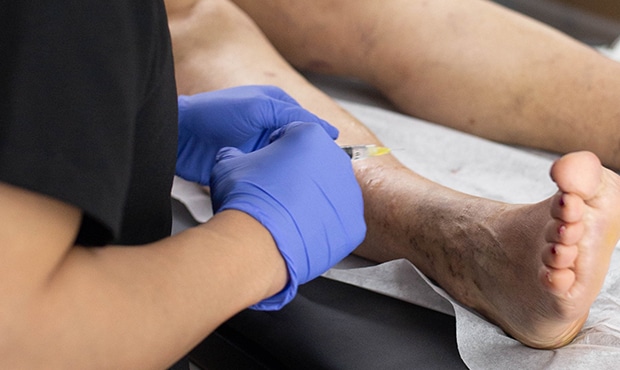
We know health insurance is confusing so we will help you check if you’re covered:
FREE Coverage Checker:
By emailing or contacting us, you are accepting the inherent privacy limitations of online communication. For more information, please read our Digital Communications document. Please respond "STOP" to any text messages to opt out.
Q3. Are spider veins and varicose veins caused by peripheral artery disease?
Peripheral artery disease is a circulatory disorder related to the arteries, i.e., blood vessels carrying blood from your heart to the limbs. PAD occurs when narrowed arteries reduce blood flow towards your limbs, specifically your legs. People often assume spider veins and varicose veins are caused by peripheral artery disease, but that’s inaccurate — they’re caused by underlying chronic venous insufficiency.
Chronic venous insufficiency is a circulatory disorder related to the veins, i.e., the blood vessels carrying blood from your limbs to your heart. Vein disease occurs when your vein valves collapse, causing blood to flow backward, accumulating in your leg veins. The continued accumulation of blood in your leg veins leads to vein dilation, spider veins, and varicose veins.
Q4. What happens if you don’t consult a vascular surgeon for venous insufficiency?
Venous insufficiency is a chronic condition that worsens with time. If you don’t consult a vascular surgeon promptly, you may eventually suffer from advanced complications — leg swelling, profuse bleeding from burst varicose veins, skin discoloration, skin disease, leg ulcers, and deep vein thrombosis.
Q5. Are minimally invasive varicose vein treatments better than vascular surgery?
Yes, minimally invasive varicose vein treatments are always better than vascular surgery. Minimally invasive treatments are incredibly effective, safe, painless, and conclude within an hour with no downtime. Vascular surgery is relatively ineffective, complicated, risky, and requires hospitalization, followed by an extensive downtime.
Q6. What are the best minimally invasive treatments for venous disease?
Radiofrequency ablation, endovenous laser ablation, and VenaSeal are the best minimally invasive treatments for venous insufficiency. Sclerotherapy and ambulatory phlebectomy are the best minimally invasive treatments to remove the superficial varicose veins and spider veins on the skin’s surface.
Q7. What happens during a minimally invasive vein treatment?
During the minimally invasive vein treatment, the vein doctor delivers thermal energy (radiofrequency ablation), laser energy (endovenous laser ablation), or medical adhesives (VenaSeal) into the problematic saphenous vein. Consequently, the diseased vein collapses or shuts down, and the accumulated blood flows to healthier veins, restoring smooth blood circulation to the heart.
Q8. What can I expect after a minimally invasive vein treatment?
Minimally invasive vein treatments conclude within an hour, and you can resume all your daily activities immediately. There’s no hospitalization or downtime. However, you may have to wear compression stockings and walk frequently for a few days or weeks.
Q9. Can I get insurance coverage for my minimally invasive venous disease treatment?
You can get insurance coverage for minimally invasive treatments if you have underlying chronic venous insufficiency. Radiofrequency ablation and endovenous laser ablation are covered by most insurance plans.
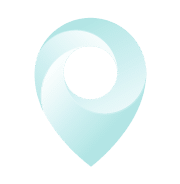
Visit Our Long Island Vein Treatment Center
Q10. How can I schedule an appointment with the best vascular surgeon near Freeport?
Dr. Caroline Novak, medical director at VTC Long Island, is the best vascular surgeon near Freeport. You can schedule an appointment, and then take a short 20-minutes drive to our vein center in Lindenhurst, LI.
Long Island
Vein Specialists
Meet your Long Island NY Vein Doctor
With Harvard Trained Medical Directors, our vein clinic Long Island sources only the top spider and varicose vein experts in the country.


Change your life
Join thousands of happy patients just like you
Vein treatments are often covered by major medical insurances, including Medicare. How do you know if your insurance will cover your vein treatment?
Contact us
CALL US
Speak with one of our team members to ask any questions you may have, verify your insurance and book an appointment at your earliest convenience. (631) 305-2827
BOOK APPOINTMENT
You can give us a call at 631-305-2827 or fill out one of our forms here to request a call back; one of our team members will call you and help you verify your insurance coverage before booking your appointment.
Get directions
Visit us at our Long Island Vein Treatment Center located at 481 West Montauk Highway.

